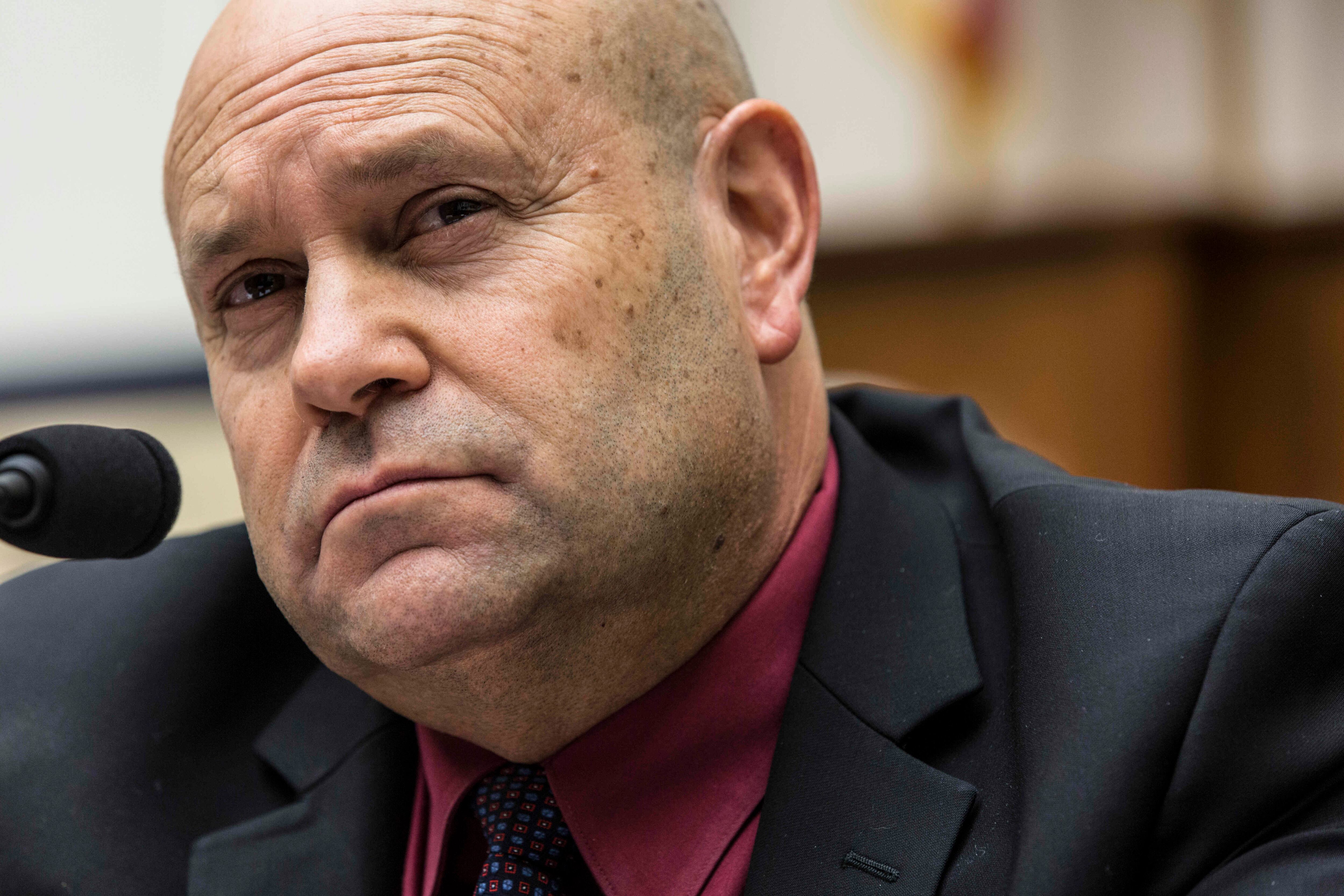Neither conservative chaplains nor atheist advocates think the military is properly enforcing rules on religious expression in the ranks.
But they come at that issue from different directions: Conservative groups see policies limiting faith speech as a violation of troops' rights, while opponents see congressional meddling in those areas as an effort to marginalize service members without religious beliefs.
In a hearing before a House Armed Services Committee panel on Wednesday, activists from both sides offered their views to members of Congress contemplating changes to Defense Department rules regarding expressions of faith.
"No one is defending proselytizing or harassment," said Rep. Randy Forbes, RD-Va. "We're trying to say we need protection. Just because you wear a uniform, that doesn't mean you can no longer express your faith."
Earlier this year, members of the House Armed Services Committee included language in the annual defense authorization bill that would allow military chaplains to "close prayers according to the traditions, expressions and religious exercises of their endorsing faith group."
Similar language has been included in defense bills in recent years, but ultimately failed to become law.
Conservative groups have rallied for years against service rules mandating nonsectarian language at public military events that aren't religious in nature, such as change-of-command ceremonies or unit meetings, as well as limits on discussions of religious objections to homosexuality in the wake of the "don't ask, don't tell" repeal.
But supporters have said those limits are needed to keep commanders from forcing their own beliefs on subordinates, either intentionally or through misplaced good intentions.

Mikey Weinstein, president of the Military Religious Freedom Foundation, said he often hears stories of people in the military facing persecution or punishment for their lack of Christian beliefs, or for their atheist views.
Photo Credit: Rob Curtis/Staff
Mikey Weinstein, founder of the Military Religious Freedom Foundation, said too often he hears stories of individuals facing persecution or punishment for their lack of Christian beliefs, or for their atheist views.
"The bottom line here is we're talking about unity," Weinstein said. "From a purposeful perspective, why would you want to say something divisive before you go into combat?"
The hearing was heavily tilted toward the conservative activists, with four of five witnesses testifying about persecution of religious troops in the military and the subcommittee's Democratic members absent after a midhearing break.
Travis Weber, director of the Family Research Council's Center for Religious Liberty, said Weinstein and his supporters are equating disagreement with oppression, singling out troops for simply holding religious views instead of those who are harassing others.
Ron Crews, executive director of the Chaplain Alliance for Religious Liberty, cited numerous examples of chaplains and troops facing reprimands for acts of faith like praying in Jesus' name or quoting Bible verses.
"We want to make sure chaplains are encouraged that they can be representatives of their faith groups, particularly in this politicized environment," he said.
But Weinstein countered with his own examples of religious pressure from commanders, and said that the "confusion" surrounding existing rules may be intentional ignorance by many chaplains and commanders intent on undermining the law.
That drew angry remarks from several committee Republicans, who accused him of bringing intolerance to the ranks.
The Senate is expected to finalize its version of the authorization bill in coming weeks, but the legislation is likely to be a stripped-down version of the House-backed measure. Whether the religious freedoms clauses will survive that process is uncertain.
Leo covers Congress, Veterans Affairs and the White House for Military Times. He has covered Washington, D.C. since 2004, focusing on military personnel and veterans policies. His work has earned numerous honors, including a 2009 Polk award, a 2010 National Headliner Award, the IAVA Leadership in Journalism award and the VFW News Media award.




